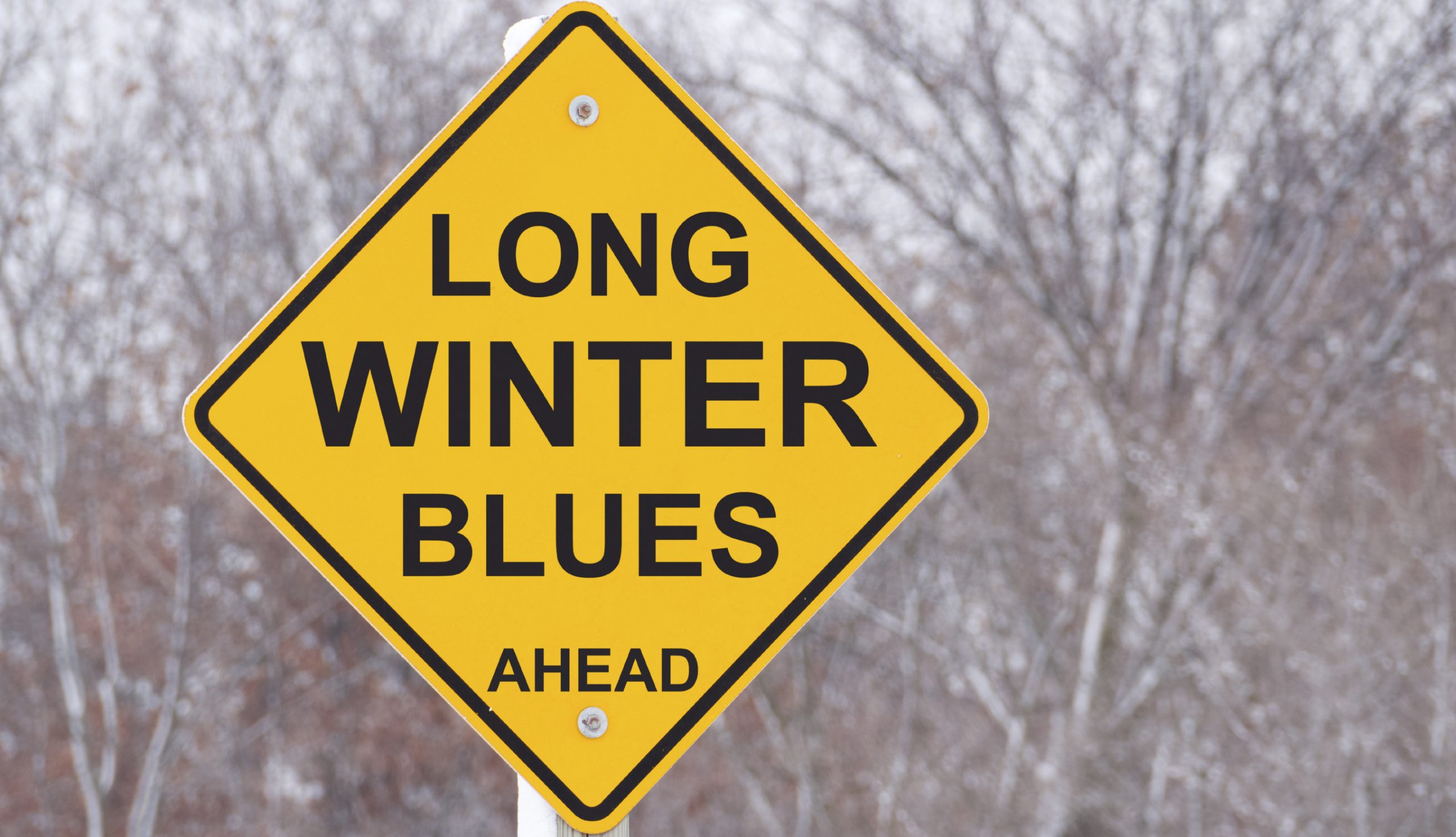What is SAD? SAD is seasonal affective disorder, a type of depression that comes and goes at certain times of the year. Most who suffer from SAD begin to have symptoms in the fall, those symptoms may continue and worsen during the winter months. Others may experience SAD at different times of the year. SAD symptoms include low energy, increased sleep, weight gain, depressed mood and thoughts, troubles in relationships, the feeling of heavy limbs with lack of desire to move and be active, and in severe cases thoughts of harming yourself or others. It is important to recognize these symptoms in ourselves and loved ones to prevent worsening of the disorder and get medical attention when needed.
Why does SAD occur? It is not understood why certain individuals get SAD. We do know that if you have had SAD in the past, you are more likely to have it in the future. SAD is thought to be caused by shorter days, decreased exposure to sunlight, cold weather that might prevent healthy outdoor activities, and increased isolation. This may lead to changes in chemicals in the brain.
Can you prevent or treat SAD? There are ways to decrease your chances of developing SAD or make it less serious. The best way to treat or prevent SAD is exercise and physical activity. If possible, perform this activity outdoors to get sunlight exposure. It’s best to get more than 30 minutes of physical activity on most days. Try at home light therapy, use full spectrum light bulbs that are like sunlight. Setup a lamp on a timer in your bedroom to turn on slowly and early in the morning. Get as much sunlight as possible, sit in a well-lit part of your home to get direct sunlight. Talk with your Pace Pharmacy pharmacist about supplements and vitamins that may be helpful for preventing or treating SAD. Supplements are available at Pace Pharmacy and include: St. John’s wort, vitamin D, melatonin, 5HTP, threonine, and omega-3 fatty acids. Supplements can cause drug interactions with medications you are already taking. It is very important to come in and talk with your pharmacist before starting any new supplements.
What should you do if you think you or a loved one is experiencing significant SAD? It is best to seek medical attention from your doctor, nurse, or local pharmacist. A healthcare professional may prescribe antidepressants to help decrease symptoms, use clinical light therapy to reverse the causes of SAD, or recommend counseling from a mental health professional. If you or someone you know have thoughts of suicide or harming others it is important to call your doctor and tell them that it is an emergency, go to your local emergency room, or even call 911, or contact a crisis centre via http://suicideprevention.ca.
Use these tips to prevent, reduce, and treat SAD. Here at Pace Pharmacy we hope you have a happy and healthy winter!
References
- Seasonal Affective Disorder. In: UpToDate. www.uptodate.com. UpToDate, Waltham, MA. Accessed Feb 1, 2017.
- Partonen, Timo MD. Seasonal Affective Disorder. The Lancet. Volume 352, Issue 9137. 24 October 1998. Pages 1369-1374. www.sciencedirect.com/science/article/pii/S0140673698010150
- Mayo Clinic Staff. Seasonal Affective Disorder, Alternative Medicine. Published September 12, 2014. Accessed Feb 1, 2017. http://www.mayoclinic.org/diseases-conditions/seasonal-affective-disorder/basics/alternative-medicine/con-20021047.

